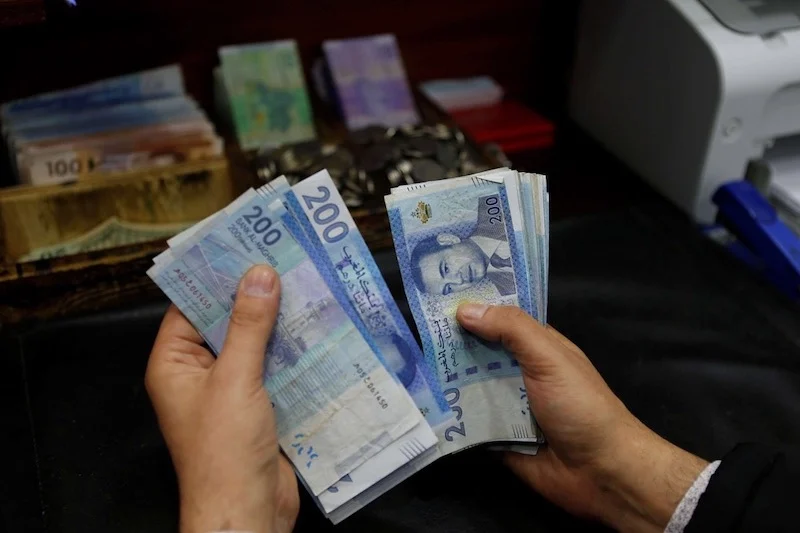Bounced checks from self-employed contractors in Morocco have raised alarms in the risk management departments of two bank groups, according to informed Hespress AR sources.
The surge in payment incidents involving significant amounts has prompted banks to take action, including identifying those involved, freezing overdraft facilities, and blocking new checkbook requests through branches and mobile apps.
The same sources reported that construction companies with accounts at these banks were “found exploiting checks issued by self-employed individuals as illegal guarantees to secure goods and services from suppliers.”
Company managers “allegedly convinced seasonal workers, most of them from rural areas, to register on the self-employment platform to obtain the status, open bank accounts under their names, and issue checkbooks for supposed transactions.
This was done under the pretense of “awarding them private service contracts for ongoing and future projects. Subsequently, these checks were used as collateral in their commercial dealings.”
The sources confirmed that the company managers involved in check fraud lured prospective self-employed individuals with attractive offers.
They initially provided small financial support, typically no more than 30,000 MAD, to cover startup costs and encourage them to register on the platform and obtain self-employed status.
These managers “ensured that their victims chose the services sector as their professional activity on paper, promising to mediate on their behalf to find other clients.”
To promote employment, the government has introduced measures to support individuals seeking self-employed status, including simplified business registration and tax incentives.
Applicants are not required to have a formal business address. Young people can register online through the dedicated self-employment portal, track their application, and receive a certificate with a unique identification number in the national self-employment register. Once approved, they are issued a self-employment card, enabling them to start their activities.
It is important to note that contractors are exempt from registering with the commercial register at the court of first instance. Instead, they can register online, eliminating the need for physical visits except when collecting their card.
Sources told Hespress that checks issued by self-employed individuals are often exploited months after they are issued.
Company managers deposit money into the accounts of these supposed self-employed individuals, then have them withdraw the funds and return the cash.
This is done to inflate the apparent turnover in their bank accounts. Subsequently, these checks are presented to suppliers as a guarantee in exchange for the payment of invoices and bills for goods and services.
The number of people banned from issuing checks in Morocco increased from 691,000 to 701,000, according to the annual report on the infrastructure of financial markets, payment methods, and financial inclusion by Bank Al-Maghrib. Self-employed individuals accounted for 85% of these bans.
The total number of rejected checks, for various reasons, reached 802,826, representing an overall rejection rate of 3.2% last year, compared to 3.3% in 2022. Of the rejections, 57.5% were due to insufficient or unavailable funds when the check was presented, down from 60.1% the previous year.
The post Banks grapple with rising fraud involving self-employed contractor checks appeared first on HESPRESS English – Morocco News.





 No products in the cart.
No products in the cart.